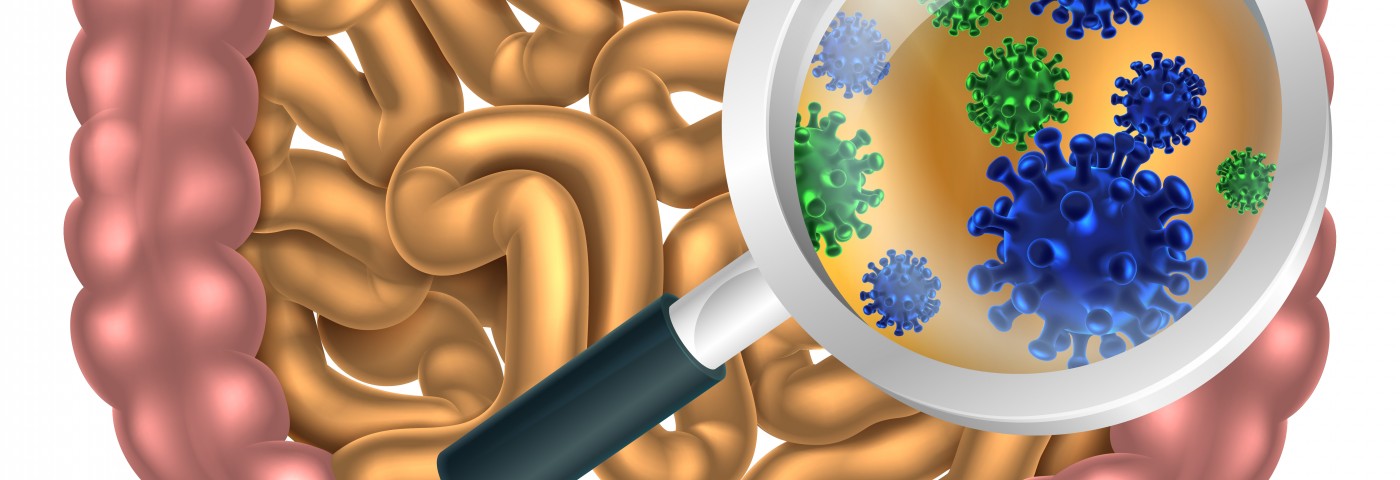In a new study, researchers hypothesize that the adhesive, or sticky molecules released by the gut can be used as a positive mechanism to preserve good bacteria in the gut, as well as a negative selection for certain harmful microbes.
The scientists used a computational model to study the host-mediated adhesion process and its effects within the microbiota, and suggested two candidate molecules for this solution: mucus glycans and immunoglobulin A. The study offers a potential therapeutic approach for inflammatory bowel diseases (IBD).
The research article, “Host Selection of Microbiota via Differential Adhesion,” was published in the journal Cell Host & Microbe.
The tight control of the bacteria communities in the gut is essential for our overall health and well-being, as these bacteria perform important physiological functions, such as the breakdown of food and nutrients, development of the immune system, and protection against disease-causing pathogenic bacteria. Frequently called “good” bacteria, the maintenance of their balance is the subject of much research.
An imbalance in the microbiota, caused, for example, by the presence of undesirable bacteria in the gut, may lead to conditions such as chronic IBD, an increased risk for heart disease and diabetes, and, according to recent suggestive research, some psychological disorders.
Researchers have now proposed a solution to help the body maintain the balance of favorable bacteria in the gut microbiota. The solution involves taking advantage of the gut’s own physiological behaviors, namely the secretion of a series of compounds by the epithelial cells that line the gut.
Some of these compounds, including mucus, can be modified to stick to a particular type of bacteria and antibodies, according to the researchers. This mechanism would work as both a positive and negative selection process.
The research team identified two molecules, mucus glycans and immunoglobulin A (IgA), a class of antibody with sticky properties that is secreted in different forms, which can be used to target particular strains of bacteria.
IgA “is a sticky molecule that comes in a vast number of forms where each one can preferentially target a particular strain or species of bacteria. By using things like mucus and IgA, therefore, humans have the ability to make certain bacteria sticky. We are proposing that this can be used to hold them close to the epithelial surface in the gut,” explained co-lead author Jonas Schluter of Memorial Sloan Kettering Cancer Center in a news release.
“Our study is based on a computational model of the gut and the key next step is a direct empirical test of our idea,” said the study’s senior author, Prof. Kevin Foster of Oxford University. “However, as we discuss in our study, existing data do support our idea that stickiness may be a simple and powerful way to control the bacteria that we carry with us.”

